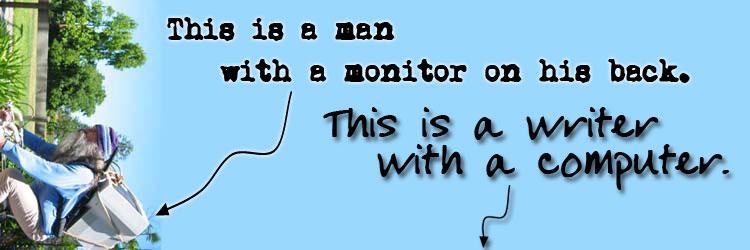Chris laments that in his head, as he speaks, his voice comes out as Don Draper. Sultry. Mysterious. But when listening to his recorded voice, he’s surprised that it’s higher pitched and squeaky.
I am the same way too. Although I am comfortable with the voice that comes out. But there are mannerisms buried in my voice. The slurs. The lack of enunciation. The odd way that I let sentences flow out—not that it swings up in tone at the end of the sentence, but it sounds foreign, accented. But it has always been like that. And those are the parts that surprise me. But it’s me.
Today, my voice squeaked out. Possibly due to a cold/flu that has affected…everything. It’s raspy. It’s low. Lacking intonation. But in my head, I feel the same and my thoughts race everywhere at the same pace. I hear myself think and it feels like I am speaking aloud. But then I find that I need to share my thoughts and I open my mouth. Another voice comes out. People say that it’s so much clearer. It’s understandable.
“It’s Jennifer,” I say to headless voices during the meeting. “I sound different, because I am sick. But it’s me, Jennifer, in case you can’t figure out who is speaking.”
In a moment of fit, I jump up to fill my mug with hot water to calm down my throat.
“Can you understand me?” I say at my computer. “I have video turned on so you can at least read my lips.”
The heads in the streaming video nod back. I wonder if my voice is demanding as it usually is. Or needy when I want to be. If my voice stays like that, does that mean people will perceive me differently? A voice that can barely increase its volume above a raspy whisper? That squeaks in weird way as if a melody wants to burst from my larynx?
Or to lose my voice completely?
